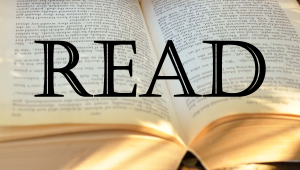Contemporary Fiction: Metamodernism 101 / Wallace / Silko / Faulkner
The influence of Leslie Maron Silko and William Faulkner on contemporary fiction is undeniable. From the depths of Native American culture to the Southern United States, both writers have left their mark on the literary landscape.
Silko, of Laguna Pueblo descent, is celebrated for her lyrical, experimental works that explore the complexities of identity and self-expression through a fusion of Native American beliefs, stories, and traditions. Her novels, such as Ceremony and Almanac of the Dead, have become foundational texts for many indigenous studies departments and have endured as some of the most important works of Native American literature.
William Faulkner, a Nobel Prize-winning author from Mississippi, is regarded as one of the most influential writers of the twentieth century. His novels, such as As I Lay Dying and The Sound and the Fury, are renowned for their experimental narrative styles, their exploration of the psychological and moral underpinnings of the human experience, and their powerful evocation of the South. The contributions of these two authors to the world of fiction have been invaluable, and their works continue to shape and influence contemporary literature.
In a parallel vein, David Foster Wallace, known for his distinctive voice and thought-provoking narratives, adds a unique dimension to this literary landscape. His essay “Consider the Lobster” not only reflects his mastery of language but also delves into the intricacies of ethical considerations, consumerism, and the human condition. Wallace’s ability to blend seriousness with humor and sincerity with irony aligns with the metamodernist philosophy. As we navigate the confusing world we live in, the works of Silko, Faulkner, and Wallace offer us diverse lenses through which to interpret and engage with our complex reality, embodying the metamodernist spirit that encourages hope, creativity, and thoughtful exploration of contemporary issues.
Metamodernism is a cultural philosophy that encourages us to have hope and be creative. It suggests that we can find ways to move forward even when we face crises, and that we can be both serious and funny, sincere and ironic. It’s a way of thinking that helps us to make sense of the confusing world we live in and encourages us to come up with creative solutions to the problems that we face.


